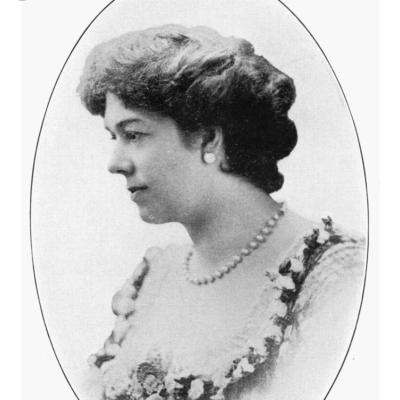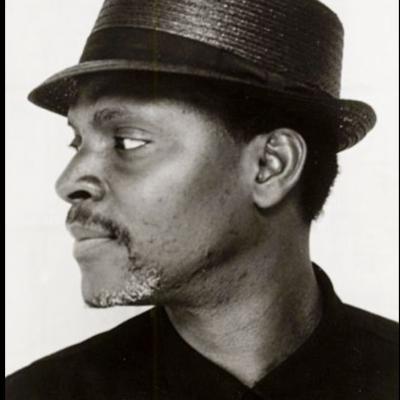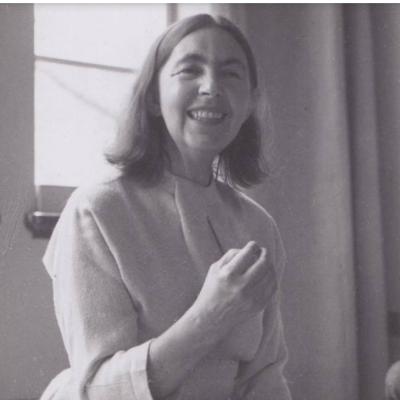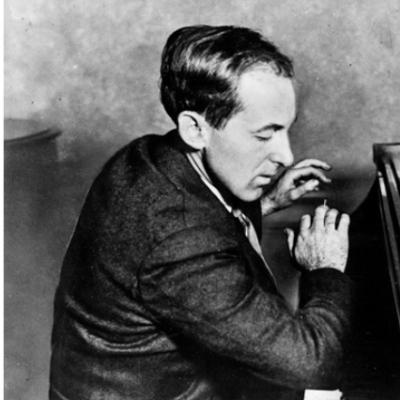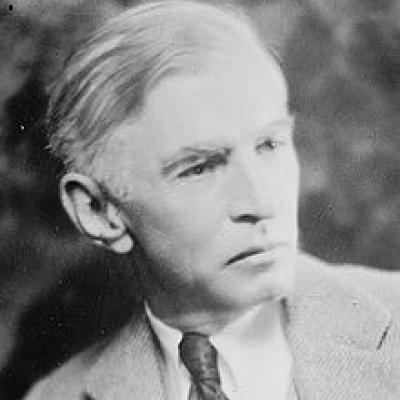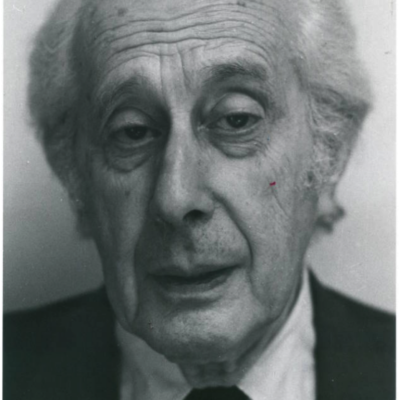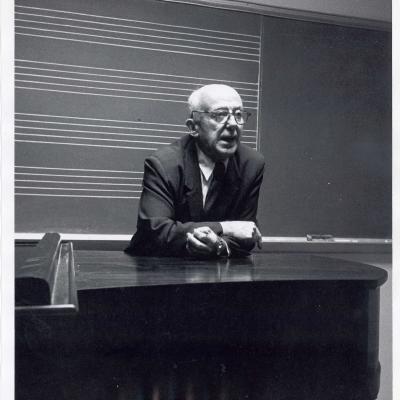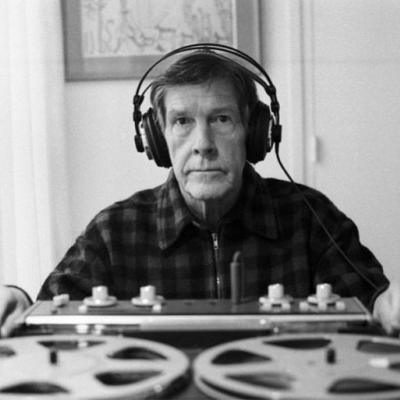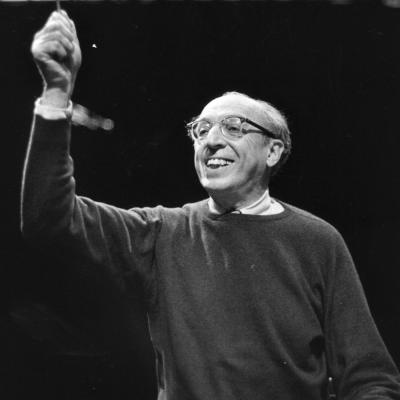Category: Music
Clara Mannes
Clara Mannes (1869-1948) was a German-American pianist and music educator.
Sekou Sundiata
Sekou Sundiata (1948-2007), born Robert Franklin Feaster, was a well known poet and writer. When he developed a love of poetry as a teenager, he changed his name, drawing influence from Sekou Toure, Ghana’s most famous president, and Sundiata from Sundiata Keita, king of Mali-Baraka.
Charlotte Selver
Charlotte Selver (1901-2003) was a music educator and body awareness instructor born in Germany. In the 1920s, Selver studied piano and was also enrolled in the Dr.
Henry Cowell
Henry Cowell (1897-1965) was considered one of the most innovative American composers of the 20th century. At just fourteen years old, Cowell had a reputation for performing using experimental techniques on the piano.
Black-Music Concerts in Carnegie Hall, 1912-1915
"New York and the Colored People" was the general topic tor discussion yesterday at the March conference on the evils of pauperism held in the assembly hall of the United Charities Building, 106 East Twenty-second Street.
Music and Children
I have spent about forty years of my life at music, most of that time trying to find out what music can do for children; puzzling through the years; realizing what music has done for me; seeing how many people, equipped technically, having every opportunity, still come very far from r
Letters from America: Hans Weisse
Of all Schenker’s pupils and disciples, none was as important for the dissemination of his teachings as Hans Weisse. Weisse seems to be at the forefront of every initiative to promote his teacher’s work, whether as a private tutor, a public lecturer, or an ambassador of music theory.
David Mannes
David Mannes (1866-1959) was an American violinist, educator, and activist. He was born in New York City, and studied the violin with composer and violinist John Thomas Douglass, the son of a freed slave. His musical upbringing led to the establishment of two music schools.
French Satire and its 300-Year Bite: Art
According to Mr. Mocsanyi the show is the first in the United States to survey the "continuous flow" of French satire from the beginning of the 17th century to World War 1.
Henry Cowell: The Whole World of Music
Composer Lou Harrison often emphasized the ingenuity of his teacher and colleague Henry Cowell by referencing his driving habits. When confronted with a steep hill on atypical drive through San Francisco, Cowell’s Model T sometimes could not make the grade.
What to Listen for in Music—From Composer to Interpreter to Listener
Music begins with a composer; passes through the medium of a interpreter; and ends with you, the listener. Everything in music may be said, in the final analysis, to be directed at you-the listener.
Paul Mocsanyi
Paul Mocsanyi (in Hungarian, Mocsányi Pál) initiated and directed the New School Art Center for about 15 years.
The Untold Story: Music at The New School
An American modernist composer during the 1920s and 30s was, for all intents and purposes, not on the radar screen. Not only was he/she unnoticed but in some quarters even distained by the mainstream concert community.
John Cage
Born in 1912, John Cage was an experimental composer and pioneer of indeterminacy in music, electroacoustic music, and the non-standard use of musical instruments. Cage is frequently lauded as one of the most influential composers of the 20th century.
The Encyclopaedia of the Social Sciences: Music
Music and Musicology. Music and Language. To increase the understanding of the social function of music it is necessary first to examine the relation of music to language. Both music and language employ sound as their medium.
In the Tradition of Dissent: Music at The New School for Social Research, 1926-33
In his 2002 Reflections of an American Composer, Arthur Berger recalls that during the 1920s and 1930s, the musical landscape in New York appeared desolate for American art composers who found themselves “truly underground.” Among such bleak conditions, Berger identifies one bright oa
Experimental Music
Formerly, whenever anyone said the music I presented was experimental, I objected.
How We Listen
We all listen to music according to our separate capacities. But, for the sake of analysis, the whole listening process may become clearer if we break it up into its component parts, so to speak. In a certain sense we all listen to music on three separate planes.
Aaron Copland
Aaron Copland was one of the most respected American classical composers of the twentieth century. By incorporating popular forms of American music such as jazz and folk into his compositions, he created pieces both exceptional and innovative.
